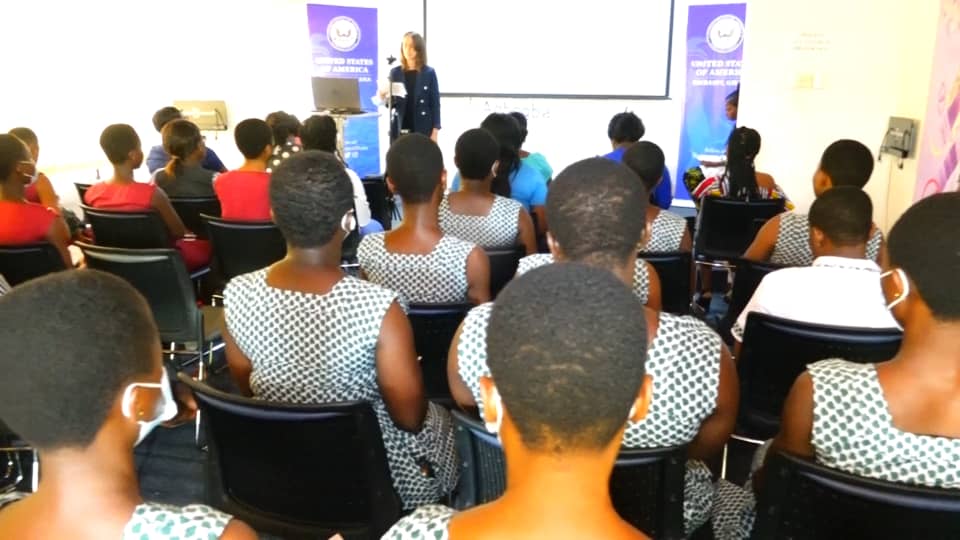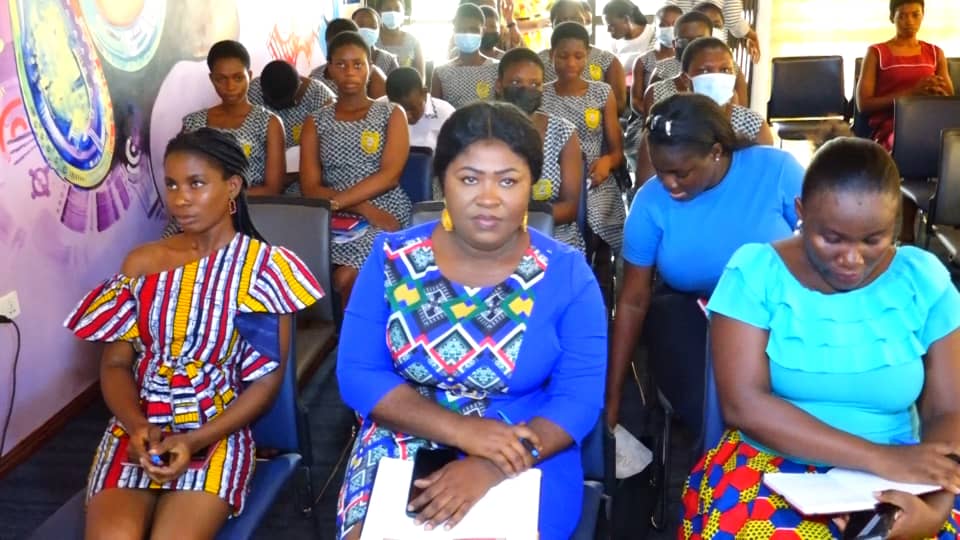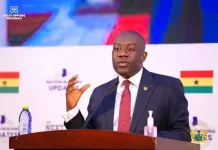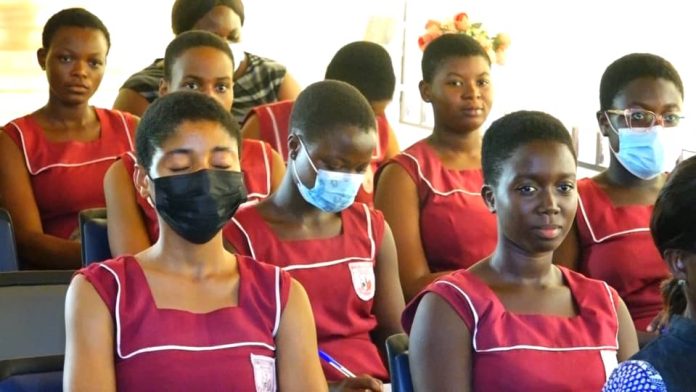Professor of Social Work and the Director of the Office of Gender-Based Violence at Arizona State University, Professor Jill Theresa Messing has underscored the need for children to be educated on what to do in emergency cases when it comes to issues of Gender-based Violence.
Speaking via zoom at a US Embassy Ghana event dubbed ‘Breaking Barriers, Giving Voice to the Vulnerable Groups – Combating Gender-Based-Violence in Ghana’, held at the American Corner, Prof. Jill Theresa Messing said it is important for children to be prepared for emergency situations else they become helpless when confronted with GBV issues.
According to her, parents or guardians must create safe space so that children know who to first report to, where to run to, how to handle a perpetrator, among others.
However, in a family where the mother is the victim of an abuse from her partner, the woman should be able to engage the children strategically on the issue else she jeopardizes the future of the children.
Although, she advised against brainwashing children, she believes children in abusive families must be taught what to do in emergency cases so they can be safe.
Read Also: Special Prosecutor freezes Sir John’s assets
Prof. Jill Theresa Messing further admonished women to pay attention to red flags in intimate relationships.
She questioned; Is your partner very jealous or possessive, does your partner text or call you and expect instant answers, are you afraid of making your partner angry, are you feeling more depressed or anxious than before the relationship, has your partner hurt you or threatened to hurt you? In responding yes to any or all of these questions means you are in an abusive relationship and must be extremely careful, she noted.
Prof. Theresa Messing hinted that the cycle of violence continues in Intimate Partner Violence because more often than not, the partners love themselves and the relationships are not always abusive. The cycle moves from tension building, explosion to honeymoon and starts all over.
For her, intimate partner violence has physical and mental health outcomes. These include; injury, traumatic brain injury, chronic pain, Gastrointestinal issues, STIs/HIV, Hypertension, Gynecological Issues, Depression, Suicidal Behaviour, Substance Abuse, Anxiety, Insomnia etc.
She recommended a healthy relationship where there is respect, economic partnership, shared responsibility, honesty, accountability, responsible parenting, negotiation, fairness and no threatening behaviour
Participants in an interview with Atinka News shared lessons learnt, indicating their readiness to share knowledge gain on combating Gender-based Violence with others.


Ghana| Atinkaonline.com | Regina Asamoah| [email protected]




























